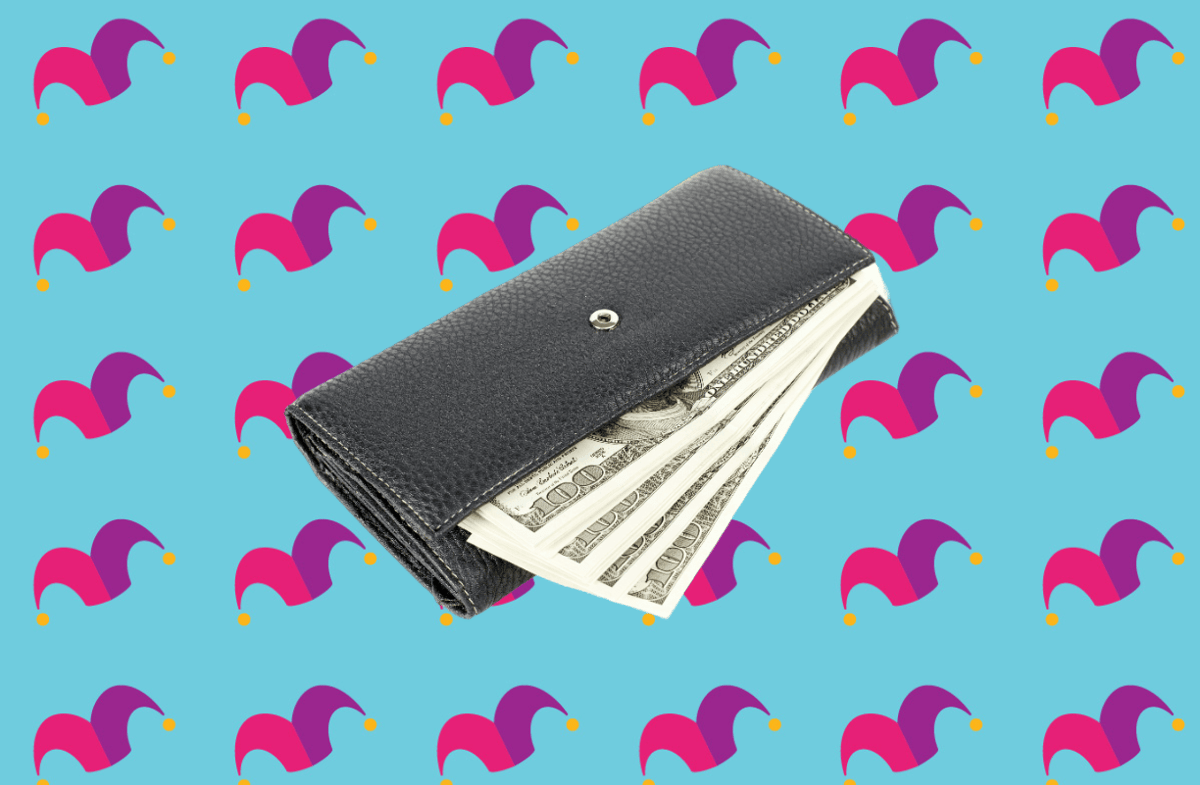Got $1,000? Here’s How to Maximize It After the Fed’s Massive Rate Cut

It was bound to happen. After months of speculation, the Federal Reserve cut its benchmark interest rate by half a percentage point on September 18. This move was long expected and will likely have a big impact on consumers.
On the positive side, lowering interest rates from the Federal Reserve could lower the cost of borrowing. Everything from credit card balances to mortgages and home equity loans could become a step cheaper after this cut.
On the other hand, the Fed’s rate cut will lower savings account and CD rates, so borrowers will benefit while savers will lose.
If you have $1,000 to spare, it’s important to use it strategically now that the Fed is cutting rates. And here’s one potentially lucrative option to look into.
Invest your money in the stock market
You can put $1,000 in a 12-month CD and pay 4.50% APY, which is about the best rate you can find today, and after a year you’ll have $45 in your pocket. But you’d be better off investing that money in the stock market.
Over the past 50 years, the stock market has provided investors with an average annual return of 10%. And that 10% includes both bullish and bearish years.
If you invest $1,000 in a stock portfolio, you may not get 10% return in the first year. Unlike CDs, stocks do not guarantee a specific return.
But if you put that $1,000 in a stock portfolio and let it grow for 10 years or more, you’ll likely earn an average return of 10%. And the longer you let your money grow, the higher your total return.
In fact, let’s say you put $1,000 in the stock market this month and leave it there for 30 years. If your portfolio earns 10% a year, you’ll have about $17,450. And if you divide $17,450 by 30, you get an average of about $582 a year. That’s a lot better than the $45 you could earn from a CD next year.
Feel comfortable with your long-term investments
Investing in stocks is a great way to grow your wealth over the long term. However, before you invest your money in stocks, you must agree to leave it alone for at least 10 years.
The stock market can be volatile, so you need time to weather a downturn. If you expect to have access to $1,000 in a few years, a CD is a better option than a stock portfolio, even if the interest rate is low. This is because the bank is FDIC insured and the CD principal is protected as long as the balance does not exceed $250,000.
But if not, there is a lot to be gained by holding onto stocks for the long term. If you are willing to sit still, you may be surprised at your results.



